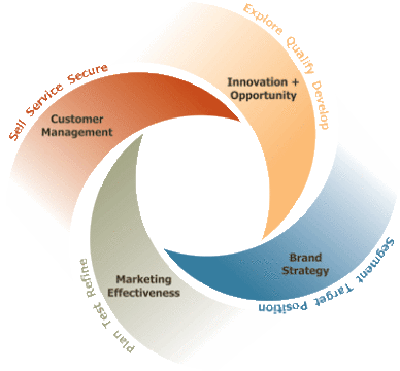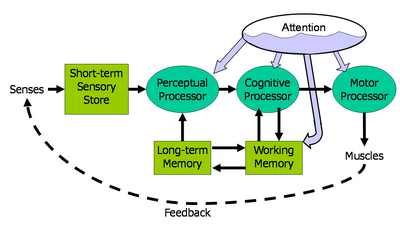A research involves all the knowledge you have regarding a research problem and then designing experiments/surveys, collecting and processing the data, analyzing it and reaching a hypothesis validating a theory, disapprove a previous theory or create a new theoretical structure. One of the most important steps before beginning a research in any field is to choose an appropriate research design. The research design is how you approach or plan to approach the subject, collect the relevant data, analyze it and then study the research problem. Some classic research design types are discussed in this article.
Selecting Research Design Types
One can find really a lot many research design types which are dependent upon various different factors such as the nature of a research problem, field of research, depth of the detail required and the objectives of research. A generic view of selecting a research design irrespective of the field is given in this article.
The objectives of the research are to be clearly stated in order to choose the best research design. The objectives decide what information is required to proceed and how the relevant data is to be collected and analyzed. In a scientific research project, experiments can be designed to prove one’s point. A social studies research project would demand a survey questionnaire to be prepared and excessive information relative to the topic needs to be collected. Research methods used in fields of psychology fall into the same category.
Characteristics of Research Design Types
All the research forms in all the fields have some similarities in their research designs. One common thing is reviewing the literature relevant to the subject matter as it covers the vastly spread knowledge in a particular field and involves reviewing the previously published research papers related to the problem. Another similarity is the development of a hypothesis to prove the objectives of research and the gathering of evidence to support the hypothesis. The last similarity is to draw conclusions from the data.
Types of Research Design in Various Fields
It is difficult to enlist all the major research designs in various fields as they are numerous and therefore research design types are discussed in three important after fields of research in this article which are psychology, marketing and scientific research.
Psychology Research Design Types
Three of the main types of research design types in psychology are the following:
- Causal: This type of research design analyses the problem through cause and effect reasoning. The objectives are not initially clear in exploratory research but known results are analyzed to identify possible research clues which lead to causative reasoning.
- Descriptive: The descriptive approach is concerned with description of the state of things as they are and utilizes surveys and polls to gather information.
- Relational: A relation between two or more properties of a population is searched for connections or relations through surveys and investigation.
Marketing Research Design Types
The aim of the marketing research design is to achieve the objective of increasing sales of a product through marketing research and utilizing growth strategies for businesses. Two main types of research design in marketing field are discussed as below.
- Qualitative Research Design Types: The information gathered is based mostly on quality and the focus is on obtaining data from specific groups and interviews.
- Quantitative Research Design Types: Consumer related data is obtained through polls, surveys and mass media. More focus is upon the quantitative details which are analyzed using statistical techniques.
Scientific Research Design Types
Scientific fields like physics, chemistry, biology or medicine follows two research design types, which are as following:
- Analytical Research Design Types: The focus is on theoretical lines in this type of research design to solve the problem.
- Experimental Research Design Types: The focus of this type of chemical research design is upon designing experiments to verify theoretical models.
An effective research design would consist of both these approaches. This article is an effort to provide an insight into the various ways of approaching research and to help choose a research design from the various types suiting the objectives stated for research.


